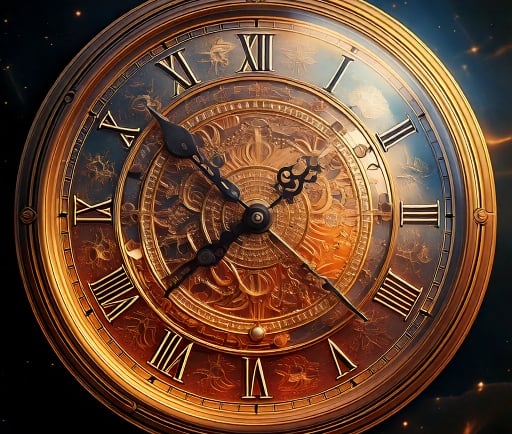Time Dilation: A Deeper Look into Relativity


Introduction to Time Dilation
Time dilation is a fascinating concept rooted in the theory of relativity, introduced by Albert Einstein. It asserts that the perception of time varies depending on the relative motion of observers. Essentially, time is not an absolute constant; rather, it is influenced by various factors, such as speed and gravitational fields. As we delve deeper into this intriguing phenomenon, we will explore its implications and real-world applications.
The Basics of Relativity
Einstein's theory of relativity, which includes both special and general relativity, revolutionized our understanding of time and space. According to special relativity, as an object approaches the speed of light, time for that object appears to slow down from the perspective of a stationary observer. This is known as time dilation. For example, astronauts aboard the International Space Station (ISS) experience time at a slightly different rate compared to individuals on Earth due to their high speed and reduced gravitational influence.
Impact of Gravitational Fields on Time
Another critical aspect of time dilation arises from gravitational fields. General relativity expands upon the ideas of special relativity, illustrating how gravity can warp time. Strong gravitational fields, such as those near a black hole, cause time to pass more slowly compared to areas with weaker gravitational influences. This means that if an observer were to orbit a massive body, like a planet or a star, they would age more slowly than someone far away from that gravitational pull.
This concept of time dilation has profound implications not only in theoretical physics but also in practical applications. For instance, the Global Positioning System (GPS) satellites must account for time dilation caused by both their speed and their altitude in Earth's gravitational field to provide accurate location data. If these relativistic effects were ignored, GPS systems would drift significantly, leading to navigational errors.
Conclusion: The Relativity of Time
In conclusion, the insights provided by time dilation challenge our traditional views of time as a static and universal measurement. Instead, our experiences of time can vary dramatically based on conditions such as velocity and gravity. Understanding time dilation is vital for both advancing scientific knowledge and enhancing technologies that rely on precise timekeeping. As we continue to explore the complexities of time and space, we uncover just how dynamic and relative our universe truly is.
